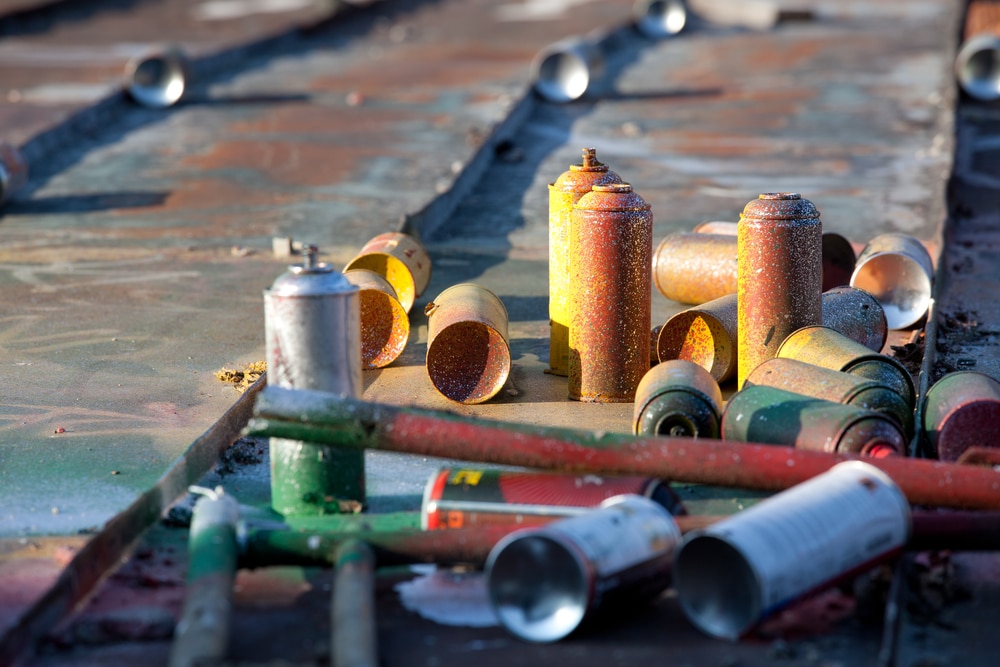There are different types of rubbish around. This is because there are different kinds of settings that produce waste. Even with good habits and practices in dealing with waste, there will always be some sort of waste. It’s unavoidable to generate waste, but having good waste management practices around can help in curbing the amount of waste produced. Whether the waste is generated from homes, neighbourhoods or big companies, waste ought to be handled properly.
One of the biggest sources of rubbish comes from industries where a lot of processes are happening to produce products and render services for consumers. The type of waste that these industries, manufacturing plants, factories, or establishments produce is called industrial waste. Furthermore, as industrial waste comes in volumes larger than a regular home waste, there are different types of industrial rubbish. These are the different types of industrial rubbish:
Related: 5 Types of Industrial Rubbish
Industrial solid waste
In industrial settings, there are various manufacturing processes and non-manufacturing processes that produce solid waste. They usually produce solid waste that comes from different aspects of the business and as such, they should be carefully be classified properly as non-hazardous and hazardous. Furthermore, industries should be able to prove the kind of waste they generate in order to follow government regulations and compliance.
Some industries produce more type of waste than others. As such, with each business, big or small, handling waste requires different methods and different cost. These are some industrial solid waste examples that industries generate in their own day to day operations:
- Food waste
- Paper
- Plastics
- Packaging materials and containers
- Scrap metals
- Construction waste
- Electronic waste
- Treated wood
- Animal carcasses
- Textiles
- Ropes
- Rubber
Industrial liquid waste
On the other hand, businesses also generate industrial liquid waste from both manufacturing and non-manufacturing processes. This kind of industrial waste should be specially handled with care. Many factories and industrial establishments are near bodies of water. As such, water contamination is highly possible when industrial liquid waste isn’t managed properly. These water sources can then contribute to water pollution and affect nearby areas around.
Government regulations and protocols are quite heavy for liquid waste as they’re more difficult to handle because of their liquid state. They also require a special method of disposal to limit negative impacts. Big industries and plants should be able to treat the liquid waste first within their facility before letting them flow to sewerage systems These are some examples of industrial liquid waste from industries:
- Paints
- Solvents
- Solutions
- Oils
- Grease products
- Wastewater
Toxic waste
The kind of waste that puts more concern is toxic waste. Since a lot of industries that produce industrial waste are into manufacturing and producing, toxic waste is bound to result from large amounts and quantities of waste. Every single day that toxic waste piles up is a day that can pose more danger to people around the area. As such, there’s an especially designed method and treatment for different kinds of toxic waste that result from industries.
If they aren’t treated properly and meticulously, these kinds of toxic waste can cause danger. Much toxic waste is flammable. They cause irritation, corrosion, and in worst cases, they cause death. They cause serious poisoning to the body upon exposure or accidental ingestion. This applies to both people and animals. Companies should first lessen the concentration of these toxic waste to lower their intensity, then they should be disposed of properly.
These are some of the toxic wastes that can be generated from industrial activities:
- Chemical waste from processes
- Chemical toxins like hexachlorobenzene, DDT, and others
- Radioactive waste that can cause radioactive reactions inside the location
- Medical waste that can harbour bacteria and pathogen
- Toxic gases produced from reactions and machinery
Conclusion
We are Paul’s Rubbish Removal and we offer rubbish removal services just for you. We’ve been around for more than a decade, offering quality and professional services for your dirty needs. There may be different kinds of industrial waste that have different specialised methods of disposal, however, we can still collect other rubbish to help ease your industrial waste. Don’t hesitate to give us a call 0407 125 125 or send us an email at info@paulsrubbish.com.au







